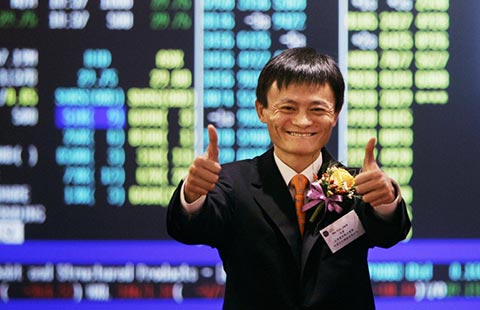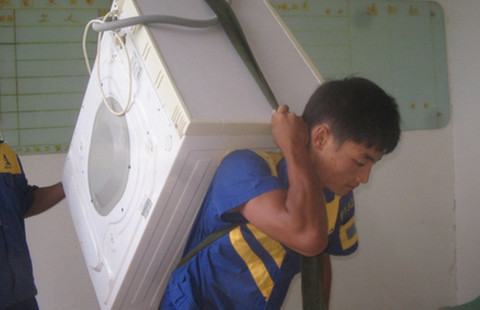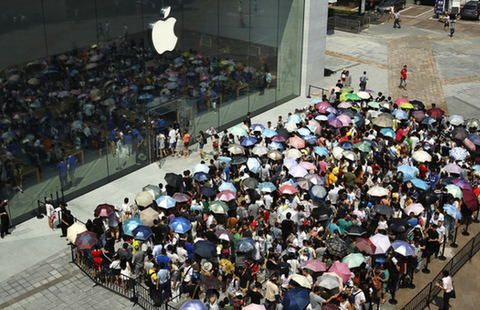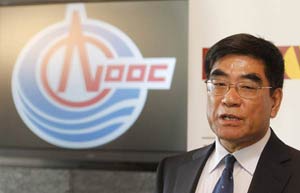Independence of mind to support policymaking
By Li Yang (China Daily) Updated: 2014-07-29 06:50At a two-day seminar hosted by the Shanghai Academy of Social Sciences and the University of Pennsylvania late last month in Shanghai, experts from leading global think tanks urged their Chinese counterparts to maintain independence from the government.
China has about 2,000 think tanks, which can be classified into four broad categories: research and information centers affiliated with the Communist Party of China, governments and the army; institutes of the academies of the social sciences system such as SASS; university study centers; and private research centers. Except for the last category, which is largely funded by enterprises, the first three groups are essentially State-dominated.
China has witnessed two waves of think tank development. The first was in the 1980s, when the entire nation began to build up a market economy. The second was after 2000, with the spread of the Internet in China.
Although China probably has more think tanks than any other country, few of those bodies are globally known for the quality of their research. The most famous organization, the Development Research Center of the State Council, is a ministry-level department directly under the State Council (cabinet), and it derives its influence through several key members who directly participate in drafting major policies for the central government.
Few of the State-run research centers would be classified as think tanks according to Western standards, which emphasize independence. And that situation actually weakens Chinese think tanks' usefulness for the government and the public, many scholars argued at the seminar.
Most of the reports published by Chinese think tanks are just compilations of news items, government policies, corporate annual reports and recycled research from international organizations. These documents give the think tanks some media exposure, but their low quality means they are of little value to policymakers.
|
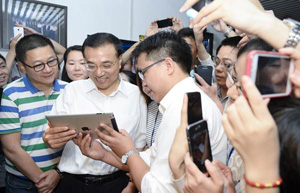 |
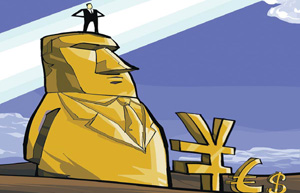 |
| Li vows steps to maintain growth | Financial innovation vital for reform |
- China angered by US protectionism
- Chengdu achieved 8.7% GDP growth
- China produces more cigarettes
- Subaru recalls vehicles in China
- Top 9 Chinese tycoons invited to govt headquarters
- McDonald's rejects all OSI meat, outlets suffer shortages
- Net profits of China's SOEs up 4.4%
- China's trade in services up 15% in first half
